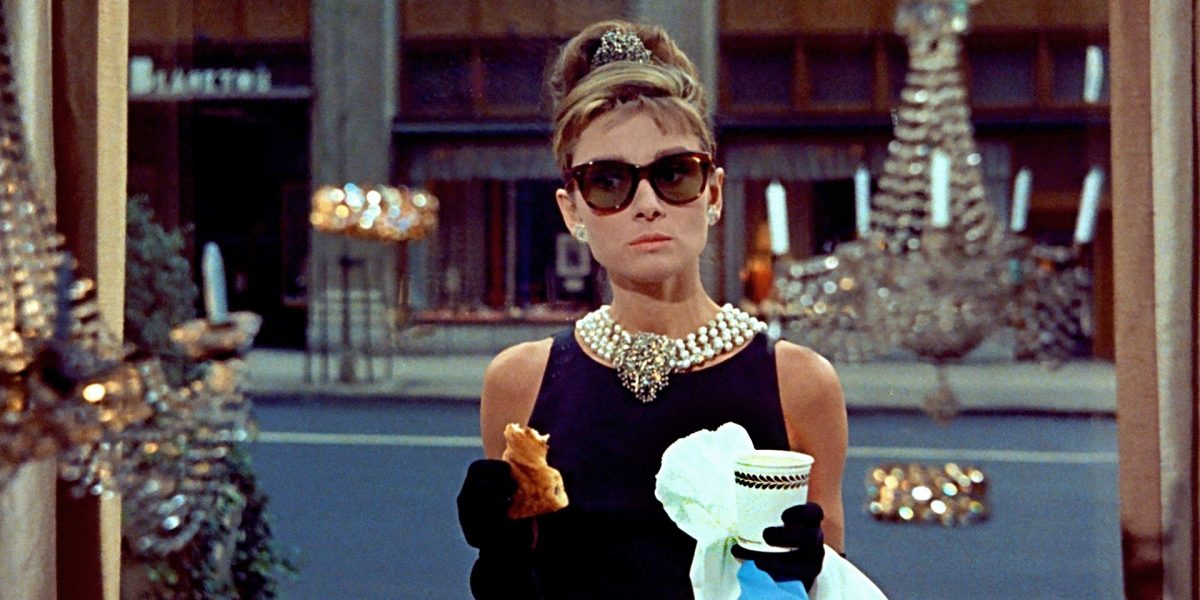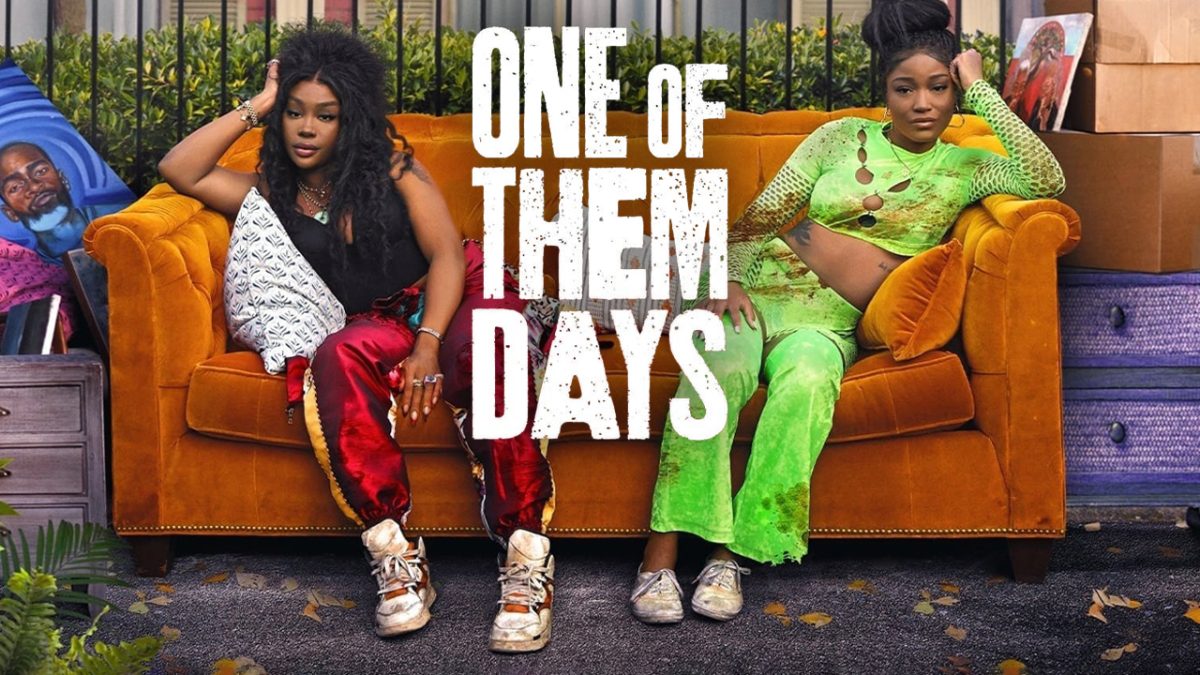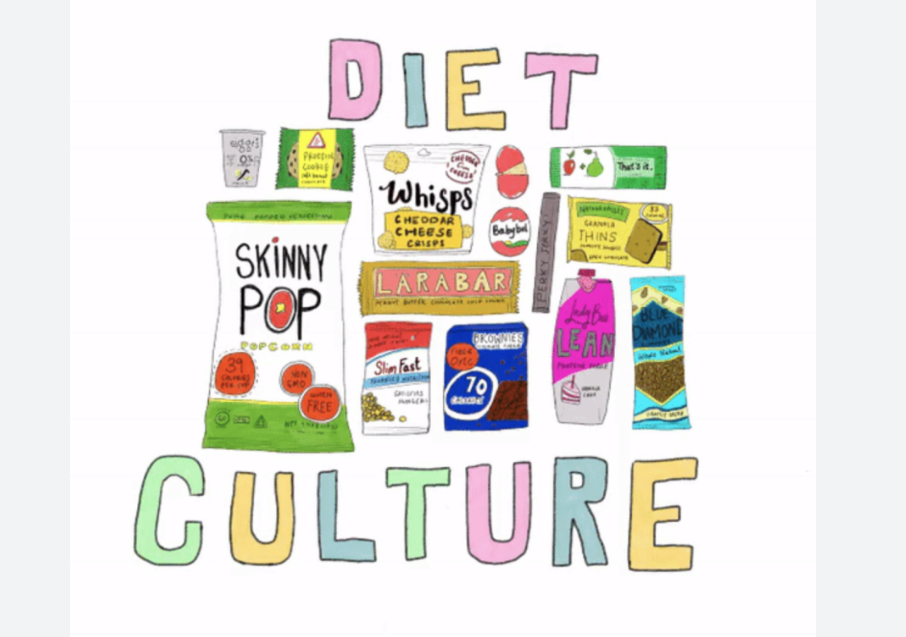A 9-year-old on Christmas day, eagerly eyeing the simple desserts laid out on the table, only to be met with jokes from relatives about being “bad” for indulging. Little do they realize the profound impact of their words on that impressionable child. Such casual remarks sow seeds of a distorted view of food that may linger for a lifetime.
The manner in which we discuss food holds immense power, influencing not only those within earshot but also shaping our own perceptions. While we all play a part in diet culture, we have the power to choose positivity instead.
What is Diet Culture?
Diet culture encompasses societal norms dictating eating habits and body image, favoring certain body sizes for societal acceptance, and promoting thinness above holistic well-being. It falsely equates thinness with health, perpetuating harmful beliefs about food, weight, and health by labeling foods and behaviors as ‘good’ or ‘bad.’ According to a 2017 Today article, food restriction coupled with dialogue around diet culture can be a toxic environment and can evolve into an eating disorder for some people. Examples of ‘diet talk’ include phrases like ‘I’m having a cheat day,’ ‘I have to burn this off,’ ‘I feel so fat,’ and ‘Do I look fat/skinny in this?’ ‘I wish I could have your self-control around food,’ and using negative terms like ‘carbs are so bad for you.’
Concerning Statistics
A small-scale 2019 StudyTrusted Source found that 15 university students with eating disorder symptoms reported campus diet culture and glorification of eating disorder symptoms as one of the reasons for their worsening symptoms at university.
According to PBS, 46% of 9-11-year-olds are sometimes, or very often, on diets
According to Eating Disorders Hope, the anorexia death rate is the highest of all mental illnesses
Disordered eating impacts 62% (more than half) of female athletes and 33% of male athletes.
Let’s make a change in how we talk about food and body image because our words truly matter. Whether it’s the jokes we share with family or the expectations set by society, they all play a role in shaping our understanding of health and food. Therefore, it’s time to ditch the diet talk!






































































